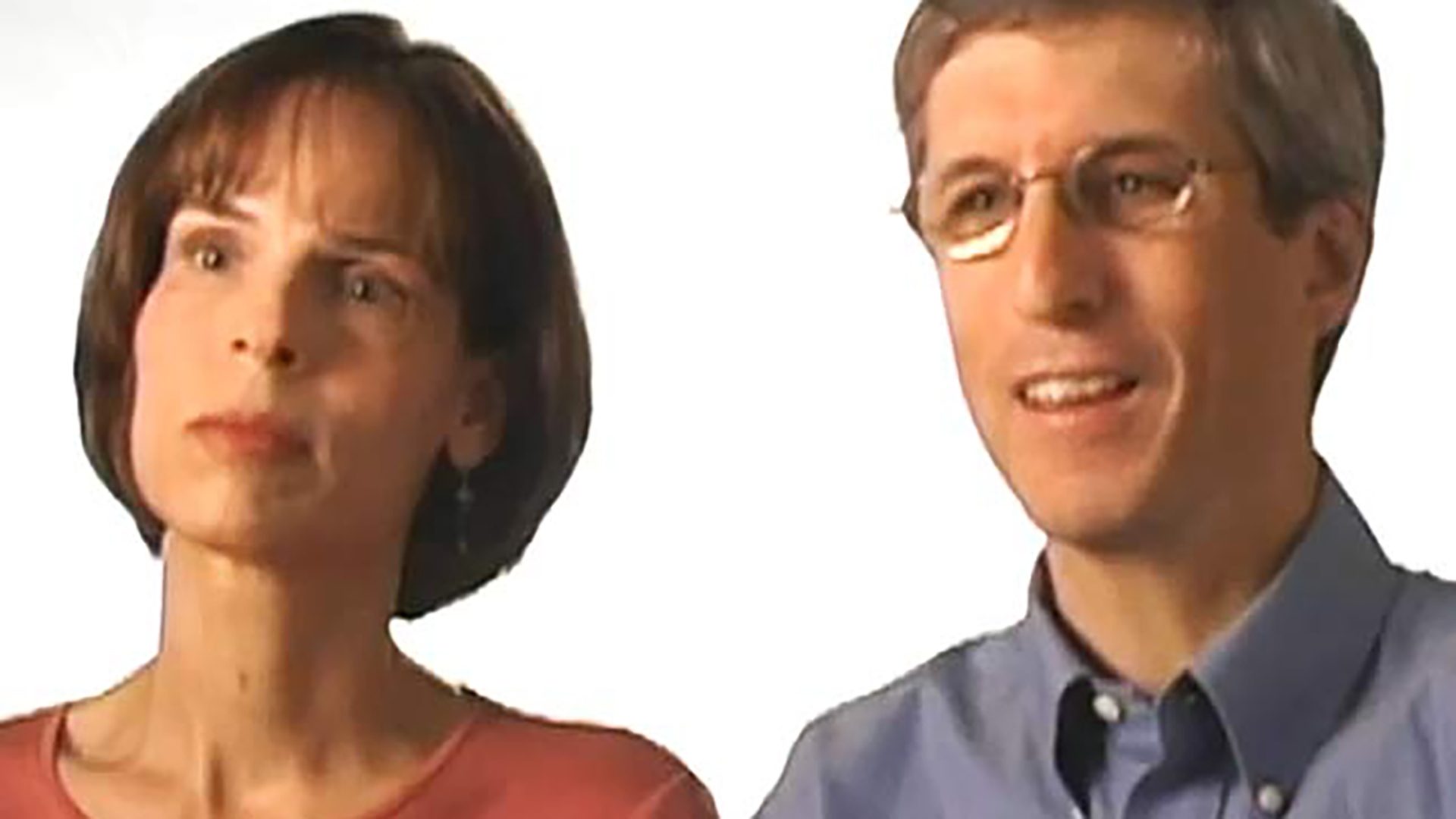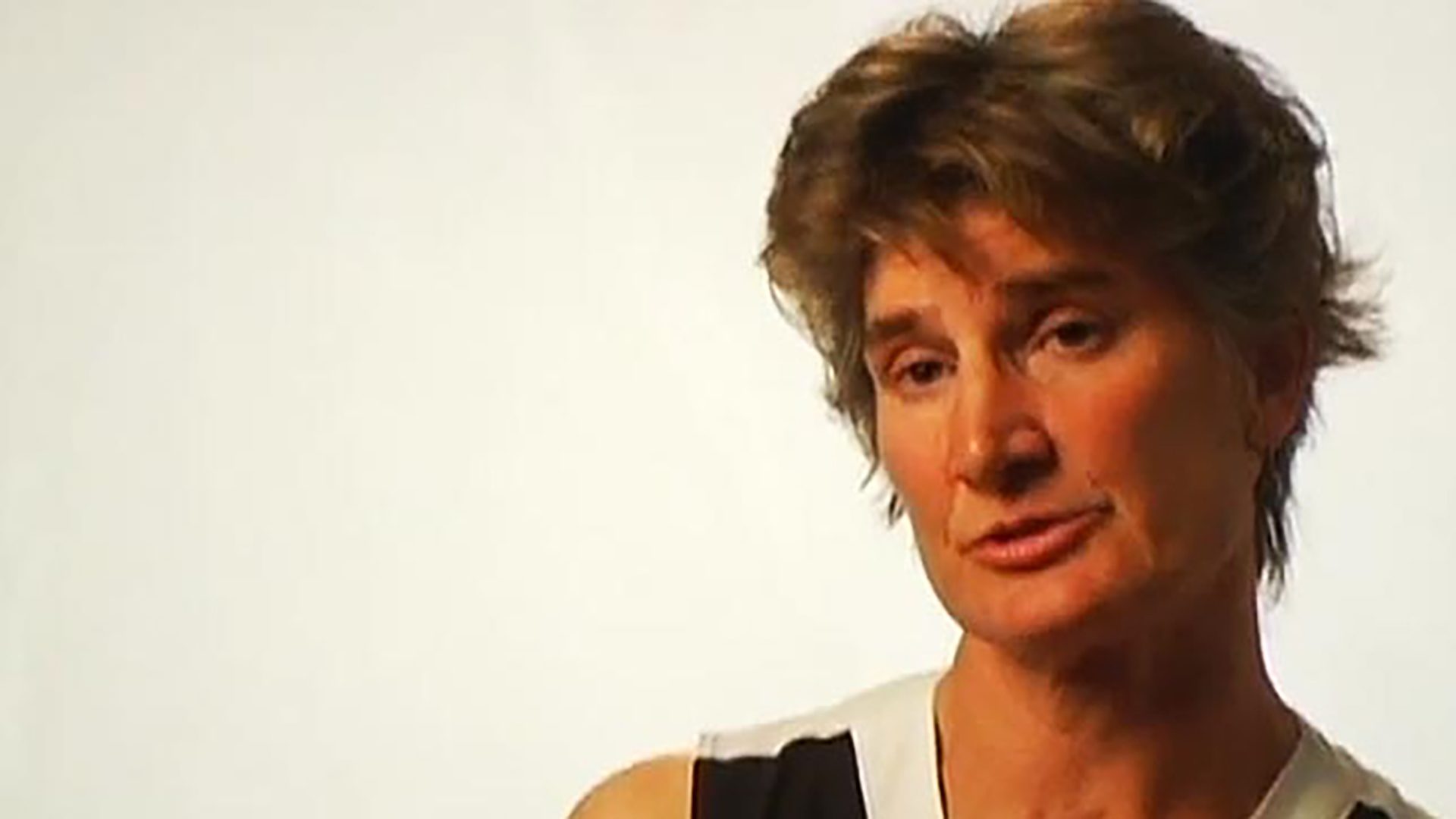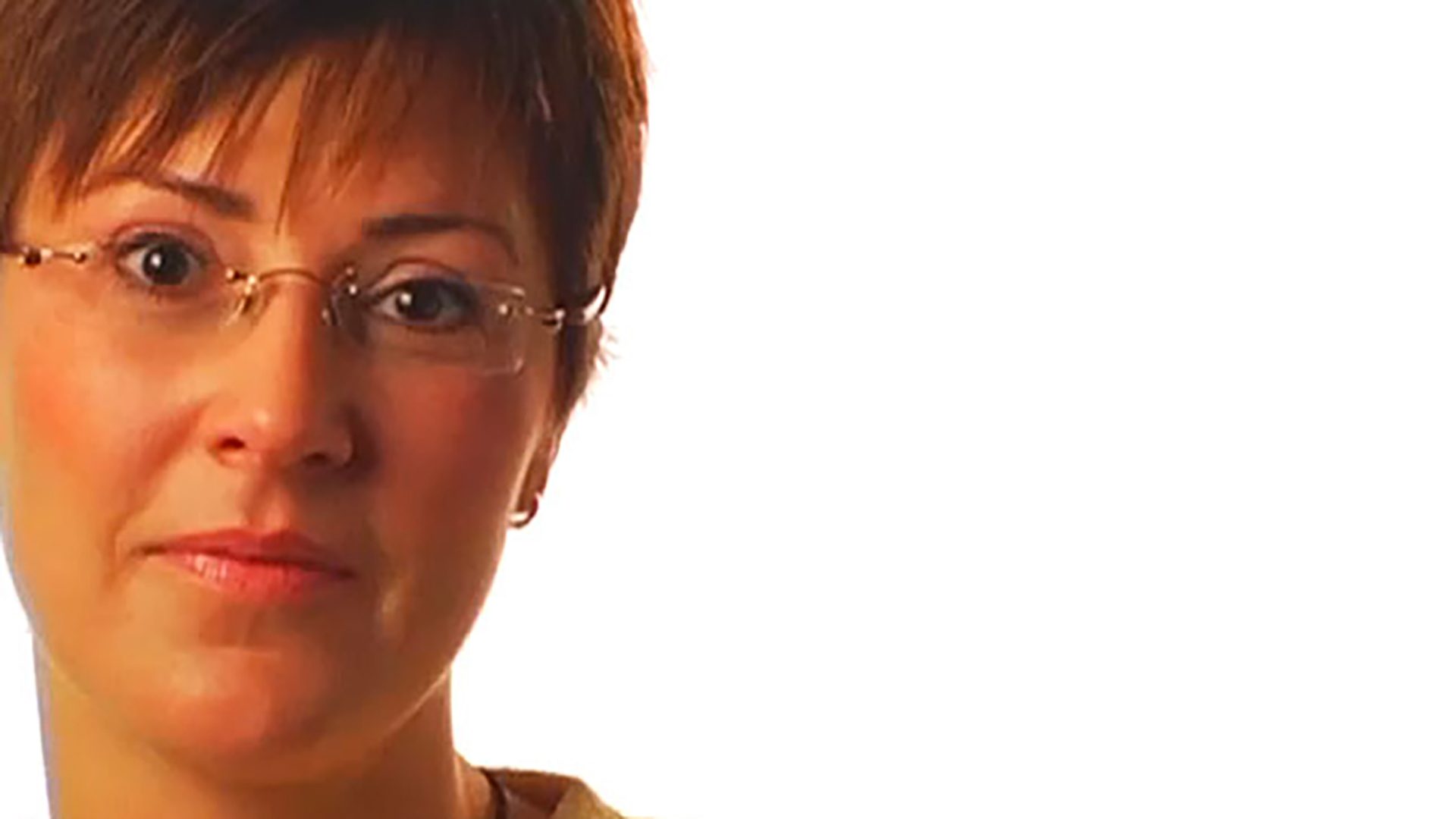Survivor Interview – Barbara and Steven W.
Barbara and Steven are parents of a non-Hodgkin’s lymphoma survivor. They discuss caregiver concerns, aftereffects of treatment, and family relationships.

Steven: Our son, Joshua, was seven years of age when he was diagnosed with high-grade non-Hodgkin’s lymphoma, non-Burkitt’s type, a very aggressive and potentially lethal illness. We had been looking at a lymph node in his neck for many weeks, but elected not to biopsy it. One morning, his disease exploded into multiple nodes. He had advanced disease in his spleen, liver, and bone marrow. Expectations for cure were less than 50%.
I’m an oncologist for adult patients, so I involved my pediatric colleagues in his care. He was entered on a large, national, cooperative group clinical trial. It was one of the more aggressive therapies for his illness. We certainly wanted to get him the most intensive therapy.
Barbara: He was in treatment for 18 months.
Steven: After treatment was much more difficult than the treatment. Every time we went in for an examination, especially for a test, like a bone marrow examination or a CAT scan, the stress was just enormous. Not knowing what’s going to happen, not knowing whether you’re gonna stay in remission, not knowing whether, if you relapse, you’ll be cured. Those were the things that we had a difficult time dealing with. Maybe worse for me as a physician, because I knew too much.
Barbara: It took probably three, four years before we became less anxious. Because his was a high-grade disease, the likelihood is that it would have come back very quickly if it was going to return. But your anxiety doesn’t abate, no matter what the facts really are.
Steven: I learned two really valuable lessons from watching my son go through therapy. One was from a radiologist colleague. He was telling me how this new technique had shown this lymph node really well. He was so proud of his technique, he forgot that I was the father and that he’s maybe telling me my son was gonna die. So I learned a lesson that you have to be very sensitive to patients’ needs.
The other valuable lesson I learned is that patients and their families are extraordinarily anxious waiting for results, and any lack of communication on a prompt basis generally makes them even more anxious. They always are concerned that the reason the information is not conveyed rapidly is it’s bad. Once I thought somebody was crying looking at one of my son’s scans. I just went bonkers. I found later on, it was somebody with a runny nose. The lesson is that patients misconstrue even the most innocent type of activities. If I promise something, I think it’s very important to convey the information in the time frame that you tell the patients.
Barbara: I think it did cause a big strain on our marriage, mostly because you’re preoccupied, exhausted, and anxious all the time caring for this child. We were very supportive of each other when he was first diagnosed. At some point, we stopped communicating about our feelings. Any bad moods on Steven’s part, any anxiety, I would pick up on, and think it would be bad news. So after a while, I didn’t really want to deal with him because he was so much more anxious even than I.
Steven: A happy, great family was disrupted by an illness and each place in the family had to be changed. We had to devote a lot of support time to my son. We took time away from my daughter. My wife and I had a stressful time. It was a very difficult time for the entire family. It took many years to settle, until we were confident that he was gonna be cured.
Barbara: At some point, we just really focused our attention on trying to keep our family together. While Joshua was ill, all he could do was go to school, complete his homework, come home, lay on pillows and watch television. So the normal tasks and responsibilities that would have been his at a certain age, we really didn’t put those on him. When he recovered, there was no turning point to say, “Okay, we’re gonna be normal now.” We fostered this environment where he didn’t really have to take on responsibility. We felt that he shouldn’t ever have to do anything disagreeable, because he had been through so much, so we were overly protective of that.
Our other child is a daughter, two years older than Joshua. During his illness, she was amazingly supportive. But it was very hard on her. At one point, we did get her into counseling, because she had stopped wanting to get together with friends, and she had been a very social, outgoing person. She hated being in the house, hated seeing him be ill from the chemotherapy every other week. We were confined to home on those weekends. On our off weeks, we tried to go out for dinner, do fun things together as a family. I tried to do things with her, Girl Scout camping trips, inviting her friends over to spend the night. It can’t ever be normal, but we tried as much as we could. I think she always resented the attention that had been focused on him and the extra care that we had to give him. Their relationship is fairly congenial, but I think that she does have some bad feelings. A feeling that we did too much for him and that she had to be so responsible.
Steven: One of the deficiencies we found was getting support, counseling and information about facing family illnesses; about death and interrelationships: mother/daughter, father/mother. Also, our son had difficult times in school after his therapy. He had a lot of therapy in his spinal fluid called intrathecal therapy that probably causes some cognitive changes. From being an excellent student, he went to having learning disabilities. We sought counseling in many venues and were never really satisfied. And if we found it difficult, I’m sure people with less access to care would even find it more difficult.
Barbara: There really were no support groups at that time. The people directing pediatric oncology did not believe that counseling was beneficial. They felt that that if parents communicated among each other, it was going to increase their anxiety. You felt so isolated. The children had a summer camp once a year for a week, which was a marvelous experience for our son. I think there they talked about some issues, but beyond that, there really wasn’t any support.
Steven: As a physician and as an oncologist, we clearly concentrate on treating the illness. But as a parent, having your child going through therapy, it became quite apparent to me that there are many issues just as or more important after therapy is over. Those are the issues of survivorship, dealing with stress, anxiety, family issues. Years ago we never had resources, and the physicians weren’t really cognizant of those activities. Fortunately, now, we’re getting to understand those needs.
Barbara: I don’t think medical follow-up is usually an issue. In hindsight, I would say that, whatever other supports you need, you shouldn’t be reluctant to pull out all the stops. I think we could have been more aggressive as far as educational programs and follow-up in remedial tutoring. We might have utilized family counseling more to get us back on track in terms of family roles and also getting our son back on track developmentally, in terms of responsibilities and his growth and development.
Once the illness was over, we wanted everything to be okay, so we really didn’t want to acknowledge problems or seek professional remediation, both in the learning area as well as counseling needs. It was over. We had been through so much that we just wanted our lives to get back to normal.
Steven: We wanted to go back to our normal routine, so we went on a ski trip. Joshua was really weak, but he was gung-ho to go. Of course, my wife and I were sneaking around the bushes when he was going to the ski school, watching him flop down. But you know what? He had a great time. I guess that’s the paradigm. You have problems, you have complications, you have residuals, but you adapt, learn and move forward. Now we can’t ski with him anymore. It’s too dangerous. He goes in the woods and things, which I don’t even want to think about doing.
Some physical issues took years to wear off. One of his severe complications was damage to his nerves, neuropathy, caused by chemotherapy. But despite that, and to his credit, he learned to adapt. Now, fortunately, he is physically absolutely normal, although we’ve screened him for heart disease because he had a drug called Doxorubicin that can cause heart damage.
For him, I think the more difficult things were his psychological issues. I think he felt he lost a childhood, and a lot of friends. There is no doubt that he suffered cognitive changes. His self-esteem diminished, his ability to concentrate decreased, his ability to perform in school was not as good as it used to be. He thought less of himself because of those issues, despite us telling him what a great warrior he was dealing with his therapy.
Gradually, I think he’s found a niche. He’s found areas that he’s been very successful in. He’s an outstanding chess player. He’s learned to emphasize the areas that he’s best at and to try to overcome the areas that he’s not been very good at.
When I was a young physician looking externally at a family, I thought only of the illness and very little else. Having dealt with it internally, I’ve learned that cancer is a disease that affects all aspects of one’s life: body, mind, spirit and family. When I deal with families now, I am absolutely cognizant that dealing with the illness must go beyond chemotherapy and radiation. I try to tell patients what to expect: side effects, length of therapy, stressful issues, survivorship, the worry about test results. I try to be honest and supportive. I try to indicate that people will be able to help them and that they should communicate all their issues.
I think some physicians protect themselves from death and dying by excluding themselves from the emotional aspects of cancer. That doesn’t make for a very good relationship. Patients need to get both the best professional care and human care. I think it’s more difficult and more demanding on physicians, but that’s just an absolute mandate of how you have to care for a family and a patient with cancer.
I’ve been involved with the Lance Armstrong Foundation for many years. I’m on the Board of Directors, and I’m also Director of the Scientific Research Program. That program awards grants to support the research of scientists around the world in two areas: testicular cancer and survivorship. We are particularly proud of the research that we’ve supported that is improving the survivorship care of patients after their therapy is over.
Barbara: I’m Barbara Wolff.
Steven: And I’m Steven Wolff. And our son Joshua is an 18-year cancer survivor.

